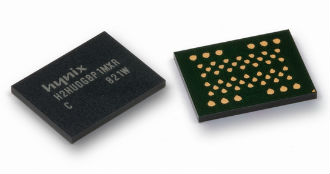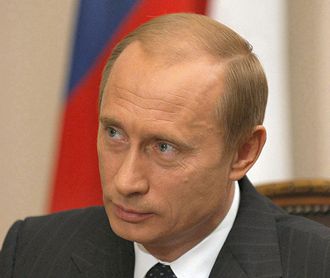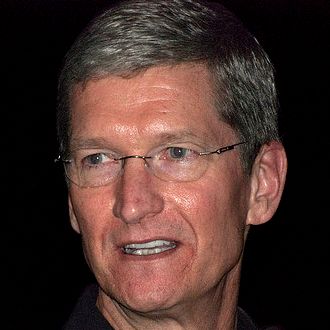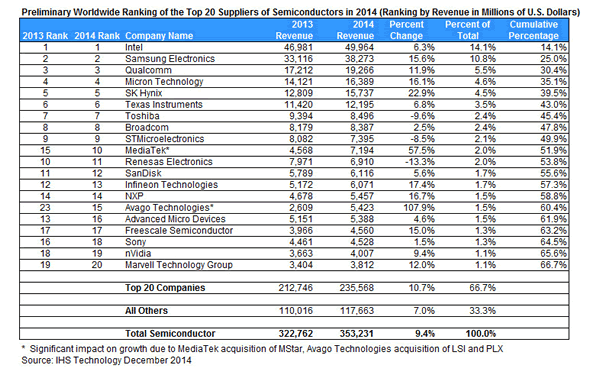 Computer scientists at the Massachusetts Institute of Technology (MIT) think their invention might make life a lot easier if you’re developing web pages.
Computer scientists at the Massachusetts Institute of Technology (MIT) think their invention might make life a lot easier if you’re developing web pages.
They’ve just gone and invented a programming language called Ur/Web that they claim will let developers write web apps as self contained program.
The compiler part of the equation auto generates XML code and style sheet specs, and then just goes right ahead and throws Javascript and database code where it should be.
Adam Chlipala, a professor of software tech at MIT claimed Ur/Web makes web pages more secure.
But there’s still some pain for web developers said Chiplala because the compiler doesn’t auto generate style sheets.
Once you’ve typed in your code the compiler takes a long hard look at it and gives a list of CSS classes.
He said that the last thing developers want is for apps to have the ability to read and overwrite passwords. Web frameworks generally speaking assume every little line of a program has complete access to a database. Ur/Web doesn’t, he claims.
MIT didn’t say how you’ll get your paws on the programming language.


















